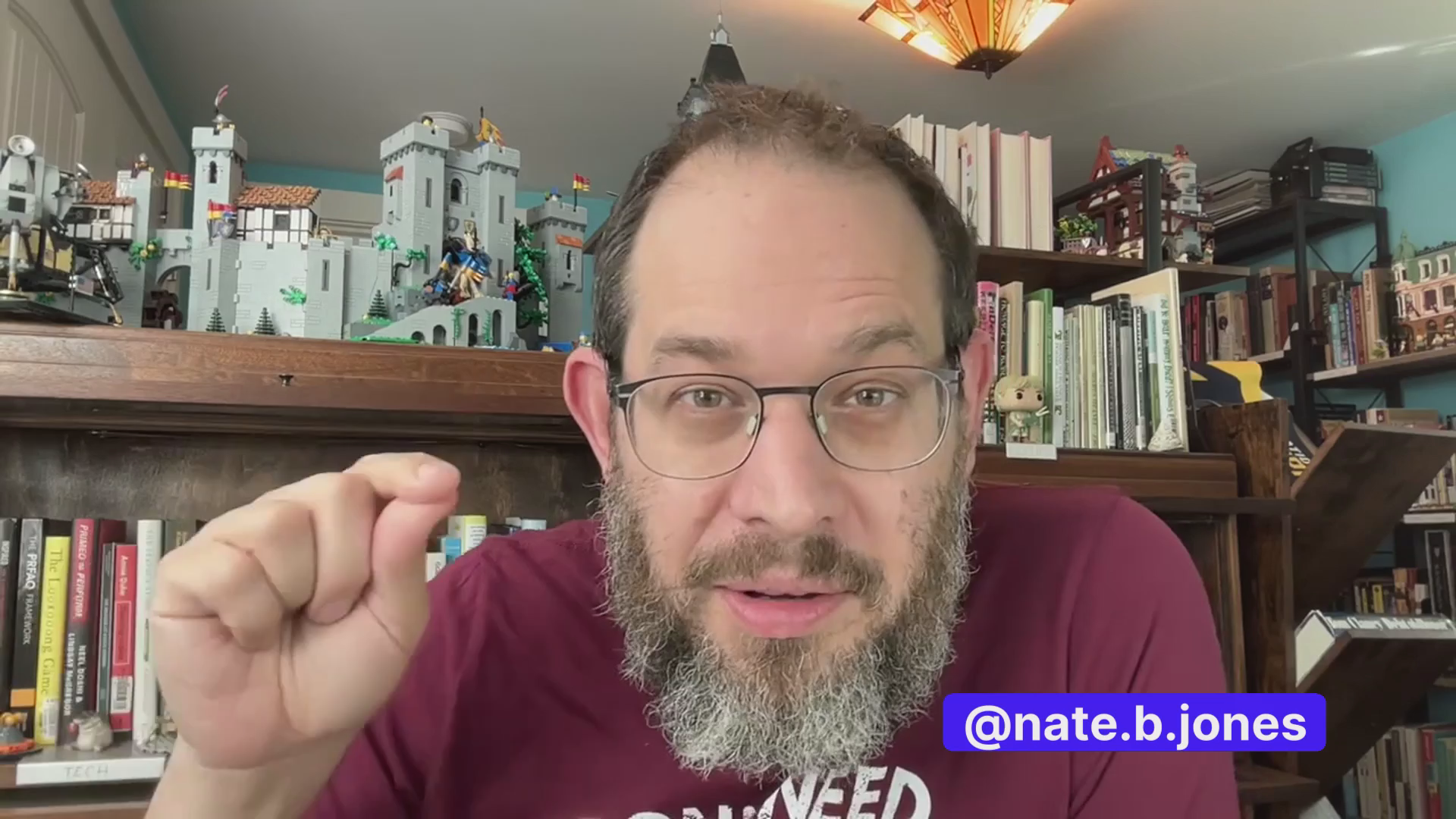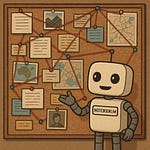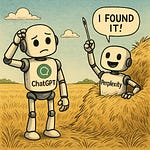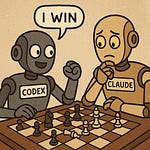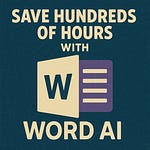Engineering teams ask the wrong questions about AI all the time.
And the rest of us suffer.
Because this isn’t just about picking the best tool (Claude or Codex?) for AI coding.
It’s really about the kinds of assumptions we make when we add massive rocket boosters to our existing systems. Because that’s what AI is: a rocket booster. It can lift you to the moon, or you can crash out with bad assumptions, bad data, bad team practices…the list goes on.
So when OpenAI launched a brand new ChatGPT-5 model for engineers and made it available via their Codex platform, I wanted to do a special on Codex and how teams should use it.
But then I looked at my inbox. And I shook my head. Because that would be irresponsible until we talk about this piece first: the truth is that the right tool is the wrong question for most teams, because a suboptimal tool with the right team and infrastructure configuration will matter MUCH more than a perfect coding model.
And so we’ll do Codex! In fact if you want the details on that I recorded a bonus video on Codex just for this newsletter. And we’ll a deep dive soon.
But in the meantime, most of this newsletter is about 14 questions that engineering teams need to be asking—not just for themselves, but for all of us.
Because the truth is so called “coding agents” are increasingly used for much more than coding, so these technical decisions affect product managers, marketers, customer success—really everyone in the business. And teams aren’t asking that wider question when they evaluate these tools because they’re used to software.
So let’s ask ourselves better questions! Let’s give ourselves the chance to actually accelerate with AI by setting up our infrastructure so that AI rockets us in the right direction, not toward a big messy disaster.
Both futures are possible, and these questions are what separate good teams from bad. Dig in and let’s have a good conversation on this one!
PS. Curious for more engineering posts? Check out a bunch on Claude Code, software engineering as a whole, and how coding is changing in the age of AI.
Listen to this episode with a 7-day free trial
Subscribe to Nate’s Substack to listen to this post and get 7 days of free access to the full post archives.


